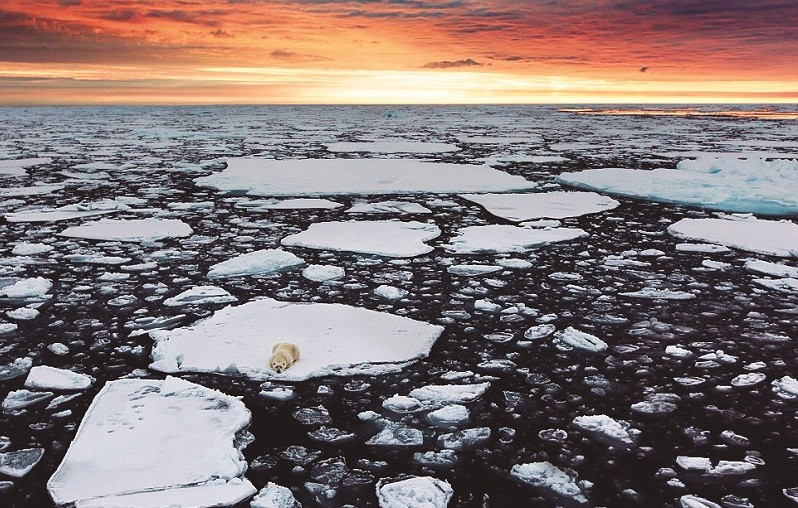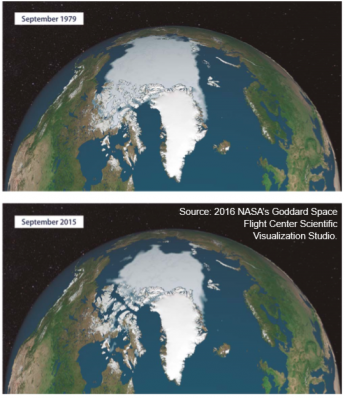
UN Panel Asserts the Importance of Limiting Global Warming
Gabriele de Barros
Tuesday | October 09, 2018 | 2:10 PM | Last update: November 16, 2018, 4:07 PM (Brasilia time)
It is a fact that over the last few years the average temperature of our planet has been progressively increasing and this is mainly due to global warming.
Because of careless and unsustainable actions of human beings, there has been an intensification of the greenhouse effect—a natural phenomenon that maintains heat on Earth—thus leading to the climate change that is affecting the whole globe.

The Good Will Portal (www.boavontade. com/en) has already shared with you some of the actions that contribute towards reducing greenhouse gas emission and combating marine pollution, as well as other sustainable actions that help limit global warming.
With regard to this topic, in the article “Awareness Today . . .,” Paiva Netto, President of the Legion of Good Will, writes: “It may seem shocking, but the children of the current generation and subsequently their grandchildren are asking for help from those who today waste in a condemnable manner what the planet has to offer.”
If we do our part, we can guarantee a better world for the generations to come. Add sustainability to your word of action!
Alarming Data

Hundreds of scientists and government representatives in Incheon, South Korea, recently analyzed thousands of pieces of information to show what might happen to the planet and the whole population if Earth’s temperature rises 0.5ºC. This is serious.
The report by the United Nations Intergovernmental Panel on Climate Change (IPCC) shows that various climate change impacts can be avoided if the increase in global warming is limited to just 1.5°C. Otherwise, the consequences will be “long-lasting or irreversible.”
According to the document, limiting the global warming to 1.5°C by 2100 would ensure that the rise in the sea level around the world is 10 cm lower compared with global warming of 2°C. This decreases floods and reduces the loss and extinction of species and the impact on terrestrial, coastal, and freshwater ecosystems.
In view of this, the IPCC report calls for “far-reaching and unprecedented changes” in human behavior and suggests major changes in key factors such as land, energy, industry, buildings, and transportation everywhere. Global emissions of carbon dioxide need to fall by 45 percent by 2030, reaching ‘net zero’ around 2050.
Neglecting the conservation of resources and the environment for future generations, and believing that nature is infinite and that the damage done to it does not matter, are humanity’s recurrent mistakes. For every action, there is a reaction, and the consequences of our attitudes are affecting our own living conditions.
_____________
*Information taken from the UN website.


